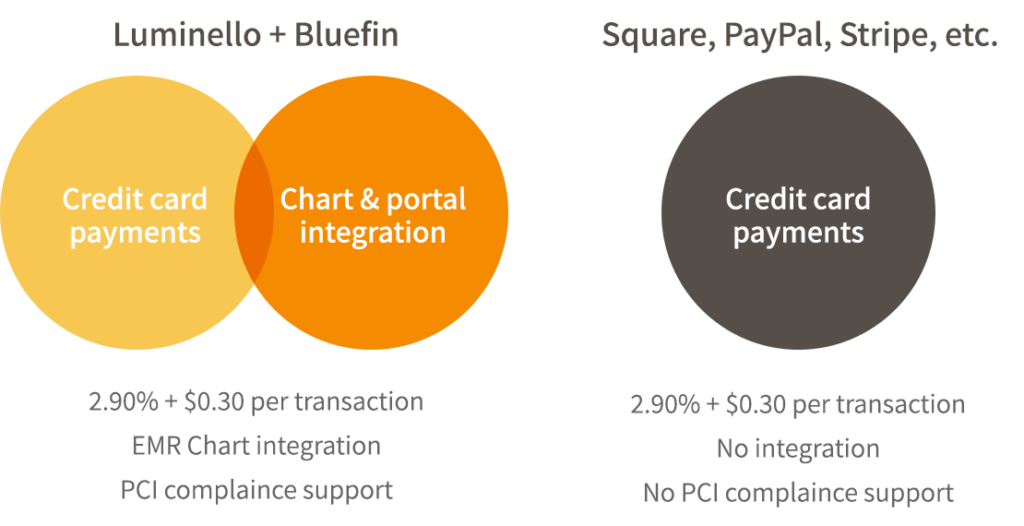An essential component of a thriving counseling practice is a healthy stream of incoming and interested patients. Many of us start our practices with a lot of empty calendar slots on our schedule and a pencil eager to fill them! This can mean that, when starting out, it can be tempting to take on any and all patients that ask for our services. We are anxious to help people, to keep busy, and to pay the bills – all good motives. That being said, in the midst of all these high aspirations and financial pressures, it is easy to compromise your screening process. Do not make this mistake! Every successful counseling practice has an effective screening protocol, and the sooner you build that protocol into your workflow the better.
The Importance of Screening
Screening patients before assigning them to yourself or any other practitioner benefits both the business and the patients. Clients are more likely to have better treatment outcomes when meeting with a practitioner who has experience and expertise in their presenting concern. Additionally, practitioners are more likely to gain satisfaction from their work when they are working with a population that they have identified as those whom they wish to serve. Screening patients can also be an important step in mitigating issues of liability. Taking on clients whose needs do not match your expertise can be a path to ethical and legal missteps.
Setting Parameters for the Screening Call
Screening patients takes time and is almost always an unpaid endeavor. Therefore, creating a formatand setting parameters for the screening process is vital. Screening calls with potential patients should generally not be lengthy. You want to gather the information you need without inadvertently starting a session over the phone.
Setting clear boundaries at the outset of the call can assist in saving time and can inform the potential client as you explain the process. I generally let clients know the call will be brief (10-15 minutes) with the sole purpose of ascertaining if the working relationship would be a mutually beneficial fit. That is exactly what a screening call is, a time for both practitioner and patient to decide if they should move forward and book the appointment. Most people appreciate the fact that you want to do what is best for them from the start.
Common Information to Gather during a Screening Call
Presenting Concern: In my experience patients generally reach out to services with one particular issue in mind: Dealing with grief, anxiety, relational issues, etc. Although over the course of treatment the focus of treatment may change, it is important to gather information on what the current primary concern is. Once we gather that information, we can decide if we are equipped and interested in treating this focus.
Am I interested and capable of treating this presenting concern?
Level of Care: Navigating and understanding the nuances of the mental health system can be difficult even for the most informed consumer. Potential patients may not be aware of the difference between an outpatient provider, intensive outpatient program, or a partial inpatient facility. Gaining a general sense of both what clients are really looking for and the level of distress they are in can assist us in determining if our level of care is appropriate for the client. This is a way of both assisting individuals in finding the level of care they need and safeguarding ourselves from potential liability issues from taking on patients who need a higher level of care than we can give.
Is this client’s level of distress and presenting concern appropriate for the level of care you provide?
Finances/Insurance: At the end of the day, you are a business providing a service, and discussing the financial aspect of treatment with your potential client is an important first step. Letting the client know how you receive payments, if you accept insurance, and what insurance you do accept are all essential pieces of information to ensuring the relationship will be a good fit.
Does the client’s financial situation mesh with your payment and insurance processes?
Patient Preferences: Each patient is coming to you with their unique history and beliefs about what therapeutic supports will be useful. Perhaps this potential patient is looking for a specific type of treatment, such as EMDR. If you are not an EMDR specialist, you want to be able to address this immediately. Additionally, asking what clients are looking for immediately sets the stage for good therapeutic rapport, as it shows that you see them as important players in designing their treatment. Having the patient participate in this process empowers them and makes them shareholders in the counseling you will be doing together.
Is the client looking for the type of treatment you provide?
Availability: Scheduling is an easy thing to overlook when gathering important clinical data. However, it is one of the most important logistical considerations to make. You have time parameters for your work, or at least you should, and we all know when we perform our best. Obviously, patients will have their preferred times; they may only be available at certain hours or days due to their work or family obligations, but both sides can usually quickly find out what times work for both. You just need to ask the question!
Is the patient available to meet during hours you have available?
Setting Yourself Up for Success
Personally, most screening calls end with my practice taking on the client. This is in part because of the proactive nature of my advertising, which contains clear and consistent messaging about who I am and what I do. Letting potential patients know what services you provide, your availability, and fee schedule is going to decrease the number of screening calls where you have to turn away potential patients.
However, there are still times when the client’s needs, availability, or insurance does not correspond with your practice. When this occurs, it is courteous to be clear with the caller on why you are unable to take them on as a patient and provide insight or referral to resources that might better fit their needs. Be familiar with referral options; this is both professional and ethical.
If you follow the question paradigm set above, a relatively short but effective screening can set up a real win/win situation. After all, private practice is designed to enable you to excel at your specialty and to help the client gain ground through effective therapy. Both sides sensing the counseling you offer is a good fit will propel you both in the right direction for success.


